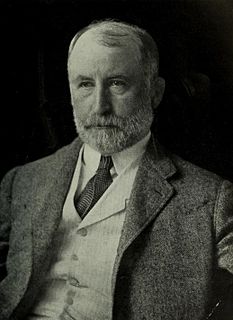A Quote by Juliana Hatfield
My growth as an artist and a person has been so slow and gradual, it's hard to make a story out of it.
Related Quotes
The child's personality is a product of slow gradual growth. His nervous system matures by stages and natural sequences. He sits before he stands; he babbles before he talks; he fabricates before he tells the truth; he draws a circle before he draws a square; he is selfish before he is altruistic; he is dependent on others before he achieves dependence on self. All of his abilities, including his morals, are subject to laws of growth. The task of child care is not to force him into a predetermined pattern but to guide his growth.
One of the great drivers of the alienation that has made Donald Trump possible is that the growth in the American economy has been weak. In the decade from 2005 to 2015, there was not one year when the US hit three per cent growth. And to the extent there's been growth, virtually all of it has been collected by the top 10 per cent of the population. Obviously, if we knew how to make growth faster, we would. We don't. And it's very difficult to make growth more broadly shared. Because it's not just the US that has this problem.
He did not know that the new life would not be given him for nothing, that he would have to pay dearly for it, that it would cost him great striving, great suffering. But that is the beginning of a new story -- the story of the gradual renewal of a man, the story of his gradual regeneration, of his passing from one world into another, of his initiation into a new unknown life. That might be the subject of a new story, but our present story is ended.
Inflation is certainly low and stable and, measured in unemployment and labour-market slack, the economy has made a lot of progress. The pace of growth is disappointingly slow, mostly because productivity growth has been very slow, which is not really something amenable to monetary policy. It comes from changes in technology, changes in worker skills and a variety of other things, but not monetary policy, in particular.




































